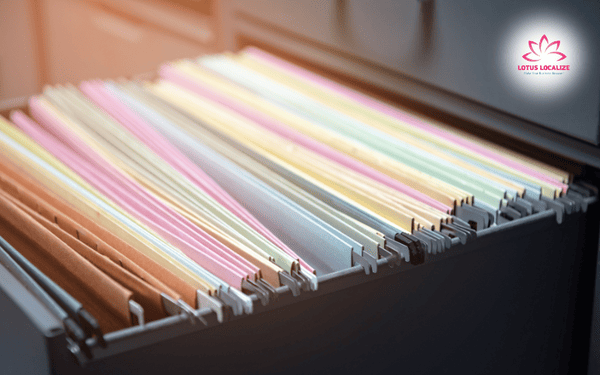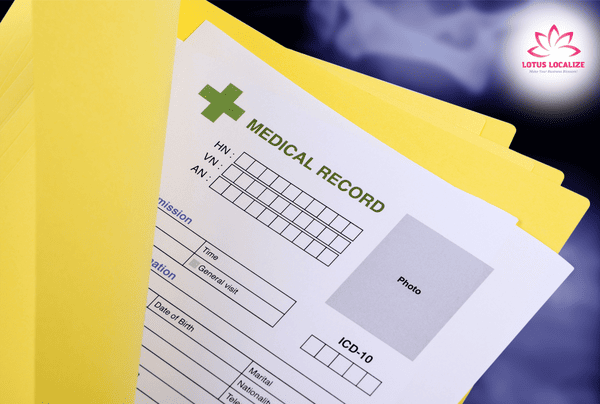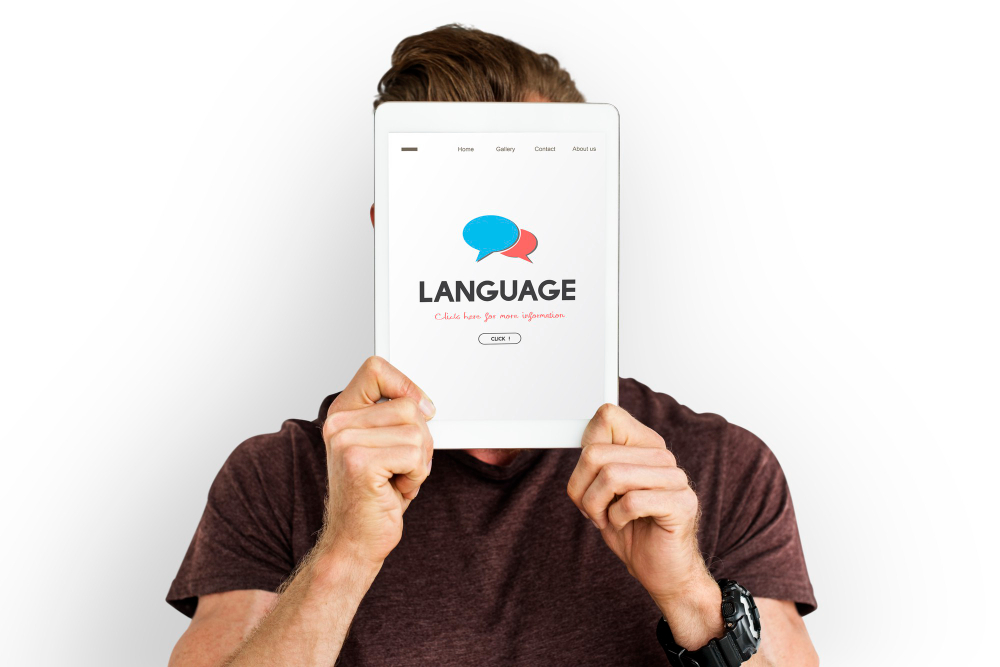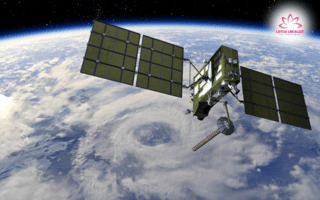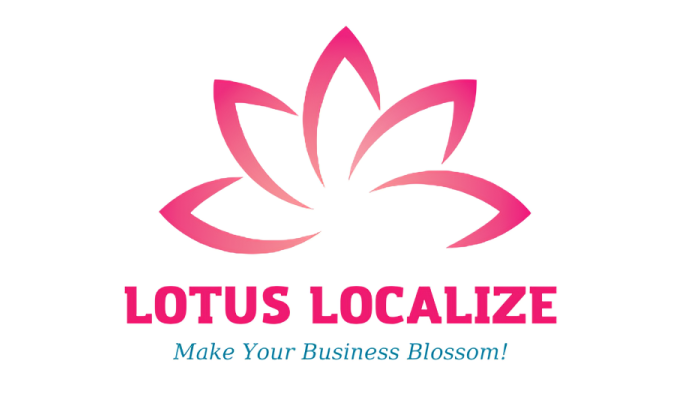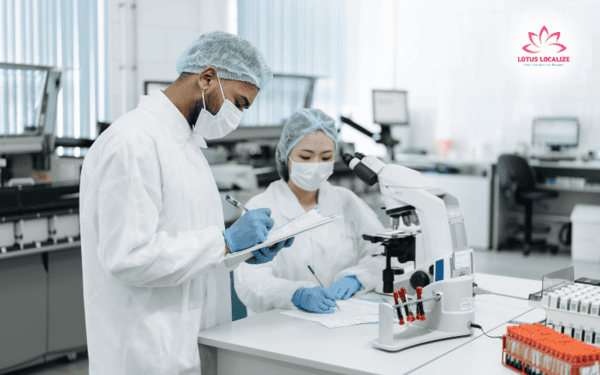
Understanding the importance of laboratory report translation in global healthcare
In today’s globalized healthcare environment, patients often seek medical treatment across borders, and clinical trials are conducted in multiple countries simultaneously. These scenarios create a rising demand for laboratory report translation. Whether it’s a blood test, pathology report, or genetic screening result, accurate translation is critical for diagnosis, treatment planning, and compliance with medical standards.
This guide explores everything you need to know about translating laboratory reports — from understanding their structure to choosing the right translation provider — so you can ensure quality, confidentiality, and patient safety every step of the way.
Understanding the content of a laboratory report
Laboratory reports are technical documents that summarize medical test results. They contain specific formats and standardized language that must be preserved during translation to avoid misunderstandings or misdiagnosis.

Common elements of a lab report include:
- Patient information: Name, ID, date of birth, and medical history
- Specimen details: Sample type, collection date/time, and condition
- Test description: Method used (e.g., PCR, ELISA), reagents, or equipment
- Results and units: Numerical values, ranges, and measurements
- Reference ranges: Normal value ranges for comparison
- Comments/interpretations: Notes from pathologists or lab technicians
Medical terminology, Latin abbreviations, and specialized language make these documents difficult to translate without a background in healthcare or life sciences.
Read more: Game localization vs translation – What sets them apart, and why it matters
Who needs laboratory report translation?
The need for lab report translation spans various industries and stakeholders, especially where multilingual communication is critical to decision-making.
Key users of lab report translation services include:
- Hospitals and clinics: Serving international or expat patients who present lab reports in other languages.
- Clinical research organizations (CROs): Running multinational clinical trials where lab data must be consolidated and analyzed.
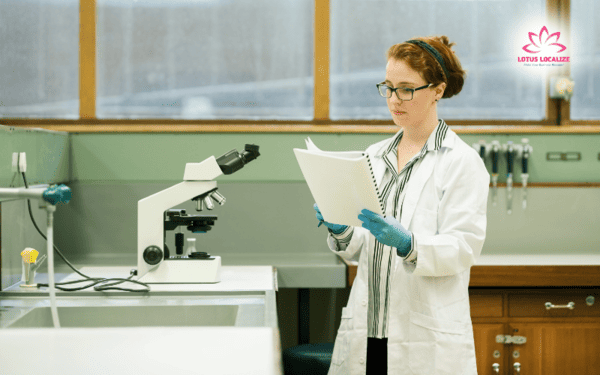
- Medical tourism providers: Assisting patients traveling abroad for treatment, often requiring report translation pre- and post-treatment.
- Insurance companies: Reviewing foreign lab results for claims or legal cases.
- Legal professionals: Using lab reports as evidence in court proceedings or immigration cases.
In all scenarios, from clinical trials to cross-border patient care, maintaining absolute accuracy and protecting patient confidentiality are not just best practices — they are essential requirements that directly impact medical outcomes and legal compliance.
Top challenges faced in laboratory report translation
Medical translation is one of the most demanding fields in language services. Laboratory report translation presents its own set of unique challenges.
- Complex terminology and abbreviations: Lab reports are filled with scientific jargon, acronyms (e.g., CBC, HCT, LDL), and Latin phrases. A literal or machine translation can result in confusion or misinterpretation.
- Unit conversions and measurement systems: Different countries use different units (e.g., mmol/L vs. mg/dL). Translators must understand both systems and convert values where necessary without altering medical meaning.
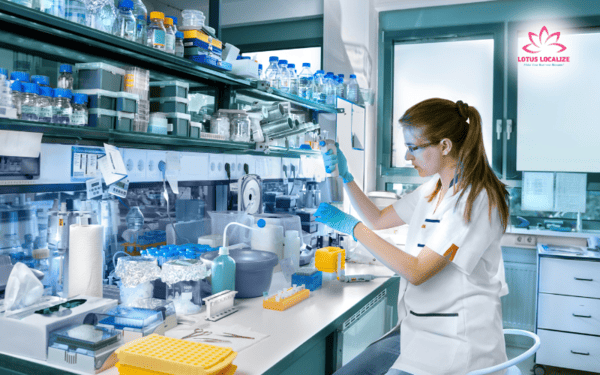
- Inconsistent or unclear source documents: Many lab reports are scanned images or handwritten, making them harder to decipher. Poor formatting, low-resolution files, and local shorthand add to the complexity.
- Confidentiality and data privacy: Medical documents contain sensitive personal health information (PHI). Translators must comply with regulations like HIPAA (USA) or GDPR (EU) and ensure secure handling of all data.
- Time sensitivity: Medical decisions often depend on timely access to accurate translations. Delays or errors can directly impact patient outcomes.
Given the complexity and high stakes involved, laboratory report translation requires far more than language fluency. It demands in-depth medical knowledge, familiarity with international standards, and a meticulous approach to detail. Overcoming these challenges is only possible through established best practices and working with experienced professionals — both of which we’ll explore in the next section.
Read more: Translating medical marketing material: A comprehensive guide
How to ensure accuracy in laboratory report translation
To avoid costly mistakes and ensure compliance, organizations and individuals should follow best practices when seeking laboratory report translation.
- Hire certified medical translators: Choose translators with medical training or certification. Look for credentials such as ATA (American Translators Association) membership or ISO 17100 compliance.
- Work with subject-matter experts (SMEs): For complex or specialized reports, involve bilingual professionals with clinical or laboratory experience. This helps clarify ambiguous content and improve accuracy.

- Use glossaries and translation memory (TM): Consistent terminology is vital in medical documents. Reputable translation providers maintain glossaries and TMs to ensure that every test or term is translated the same way every time.
- Apply a multi-step QA process: Professional agencies often use a T+E+P model — Translation, Editing, and Proofreading — by different linguists to catch errors, enhance clarity, and ensure completeness.
- Ensure secure file handling: Use encrypted platforms for file exchange and request a confidentiality agreement (NDA) if needed. Medical translation workflows must be fully HIPAA/GDPR-compliant.
By following these best practices, organizations can significantly reduce the risk of errors and ensure that translated laboratory reports are both accurate and compliant. Investing in a structured, quality-focused approach not only safeguards patient health but also strengthens trust in cross-border medical collaboration. The next step is finding a translation provider who can consistently deliver on these standards.
Tips for selecting a reliable laboratory report translation service
Not all translation services are equipped to handle medical content. When selecting a provider for laboratory report translation, consider the following criteria:
- Medical translation experience: Ask for examples of past work in the healthcare or laboratory sector. Experience with pathology, diagnostic imaging, or clinical trial documents is a strong plus.
- Quality assurance process: Check if the provider offers multi-step QA, human proofreading, and post-delivery support. Automation alone is not enough in this domain.
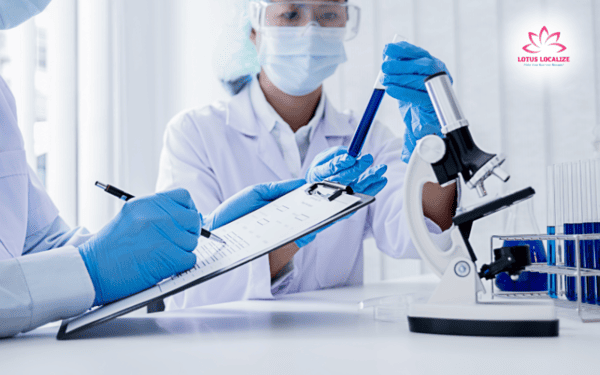
- Translator qualifications: Ensure that translators are not only fluent in both languages but also trained in healthcare-related terminology.
- Confidentiality measures: Make sure the provider follows strict data protection policies, uses secure platforms, and is willing to sign NDAs when handling sensitive documents.
- Turnaround time and flexibility: Some lab reports are needed urgently. Confirm the provider’s average turnaround time and ability to handle rush requests without compromising quality.
Laboratory report translation plays a critical role in today’s interconnected healthcare and research environments. Whether you’re a hospital treating foreign patients, a CRO managing global trials, or a patient seeking a second opinion abroad, accurate and reliable translation of medical lab reports is essential for informed decision-making and patient safety.
To ensure the best results, work only with experienced medical translators or agencies that understand the high stakes of this task. Prioritize data protection, ask the right questions, and never settle for generic or machine-generated translations when health is on the line.
Investing in professional lab report translation is not just about compliance — it’s about saving lives, building trust, and supporting global healthcare collaboration.
If you have any questions or need assistance with document translation services for many industries: life sciences translation, education translation, technology translation, financial translation, marketing translation, manufacturing translation, government translation,… and interpretation services: escort interpreting, simultaneous interpretation, remote interpretation, and localization services: software localization, game localization, app localization,… please contact Lotus Localize immediately at +84 866 224 968 or visit the website: lotus-localize.com for advice on the best solutions!
QUALITY PROMISE
Lotus Localize offers consistent, high-quality service delivery in all customer engagements. Our in-house translators and staff adhere to well-established business processes, allowing us to communicate properly, deliver on time, and surpass client expectations.

